When Patriarchy Becomes Toxic
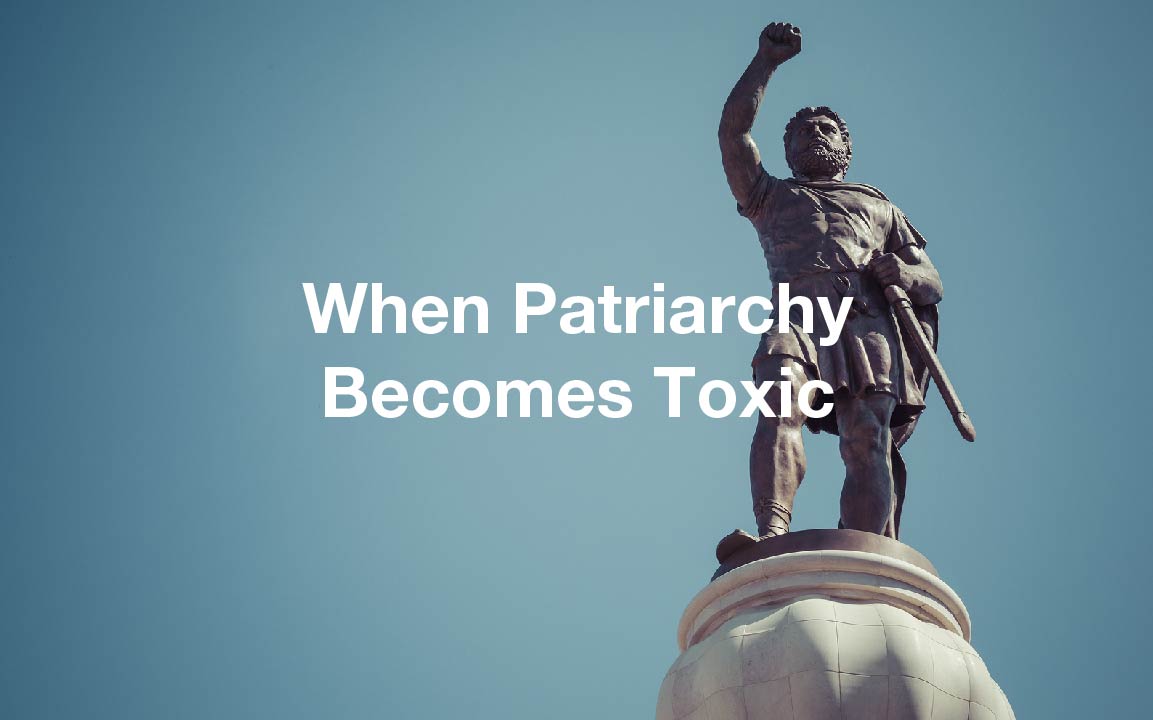
When Patriarchy Becomes Toxic
by Joumana Rizk
As millions of us shake our heads in disbelief about the rise of Donald Trump as a candidate for the US Presidency, we have to ask ourselves as a culture, where is his appeal coming from. How can a country that stands for freedom and equality consider a man for a possible leader who is racist, sexist, and tyrannical? Let’s explore this through the 4th wave of Peacelights, the Wave of Relationships and relationship maps.
Relationships maps determine what is possible in our lives.
Relationship maps, which we inherit from our cultures, our families, and our social environments, organize the way we relate to other people. These maps are imbedded in our psyches, and they determine much of our behavior. When we go from place to place, a geographical map shows us available roads, destinations, and how to get there. Similarly, relationship maps determine what is possible in our lives. Although we often don't know what we’re following or why our choices appear limited, history repeats itself when we follow the same relationship maps.
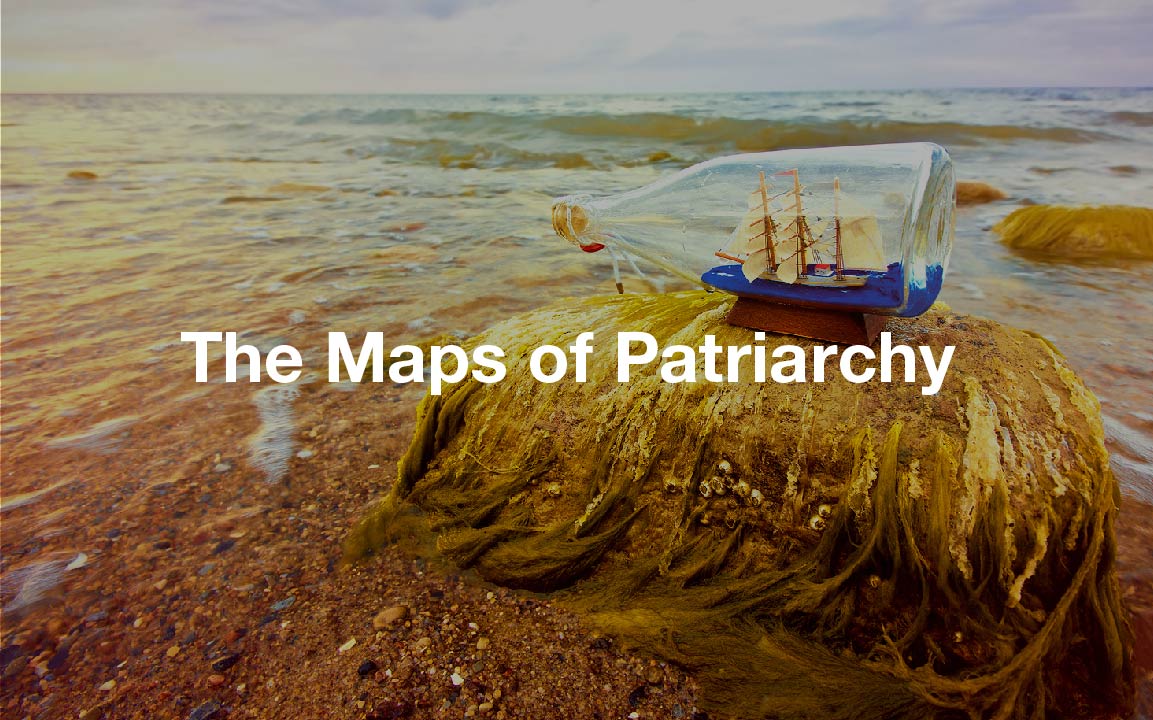
The Maps of Patriarchy
Most pervasive in our culture are the maps of patriarchy that have been in place for millennia. They have permeated all aspects of our lives: our families, our workplaces, and our government, as if they were in our DNA before we were born. These maps are hierarchical and rigid, led by the alpha male. But the roles in these maps are only effective because of their rigidity. Therefore, the only way to become a leader is to replace the existing alpha. Everyone on a patriarchal relationship map is prey to fear, including the leader who is in danger of being deposed. We act within limited roles, such as leader or follower, the latter being mostly powerless to shift the course of action. Replacing the leader is the only solution, but the map itself forces the new leader into the same behavior as the one he replaced. We see these fear-driven maps in our local governments and in international policies. We see them today in a country that is nominating Donald Trump as its potential leader.
Everyone on a patriarchal relationship map is prey to fear, including the leader.
Let’s take a closer look at two types of relationship maps of patriarchy that are so deeply ingrained in our consciousness, we sometimes confuse them with human nature. These are the Map of Domination and the Shame/Blame Map.
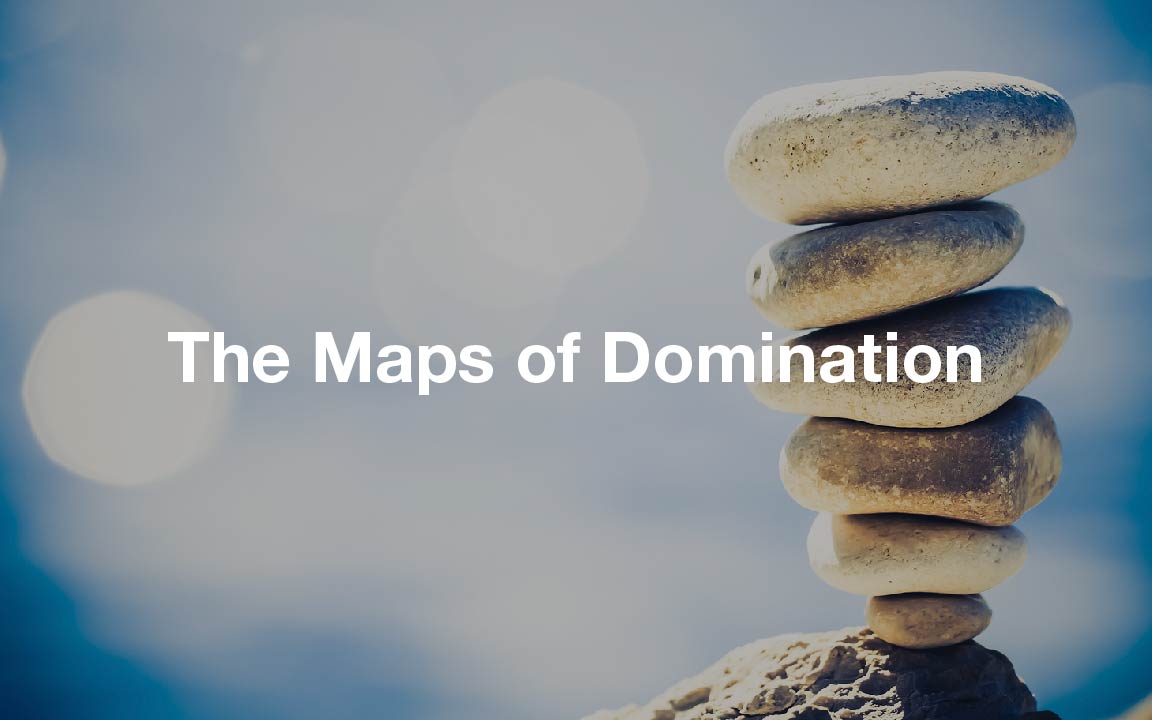
The Maps of Domination
We inherited the Map of Domination from ancient patriarchal cultures and from our common chimpanzee ancestors. In this map, there is a pecking order where one person is on top (the alpha male), while others are subordinate. Those on the lowest rungs suffer stress and suppressed aspirations in order to serve their superiors.
Here are some indications of being trapped on the Map of Domination:[pullquote align="right" cite="" color="#FFFFFF"]Those on the lowest rungs suffer stress and suppressed aspirations, in order to serve their superiors. [/pullquote]
-
You think people in authority don't know what they’re doing.
-
You think you could do a better job than your boss.
-
Your boss takes it out on you if a superior has humiliated him.
-
You feel like you’re at the top or the bottom of the pyramid, but never just a member of a community.
-
You experience power at work and in relationships as a seesaw, a tug of war.
-
You have adopted traditionally masculine attributes in order to succeed, even if they’re not comfortable for you.
-
You are suppressing traditionally feminine traits, worrying that they are making you appear weak or will hurt you somehow.
The Map of Domination urges us to perpetuate the values of patriarchy, regardless of our gender. It trusts and values men, promoting traditionally masculine qualities like power and strength. Feminine qualities such as intuition, nurture, and caring for others are devalued. The Map of Domination is often destructive to women or to men who have a strong feminine aspect, warping the way they view themselves and their value in the world. It disregards the needs of those in the lower ranks. If they are perceived as threats, it goes as far as dehumanizing them. Remember, fear is the prevailing emotion in the Map of Domination. In this climate of legitimate fear against fundamentalist Islam, here comes Donald Trump. No nuances. No regard for those who are different. Let’s just ban them, shoot them, get rid of them any way we can, he essentially says. The Map of Domination is on fire.
Historically, we’ve been here before. Genocide, apartheid, and racial killings. We’ve seen that when the map of domination goes too far, it destroys itself. When we lose our sense of connection, interdependence, and mutual respect within our relationships, when we are run by fear, the system eventually collapses.
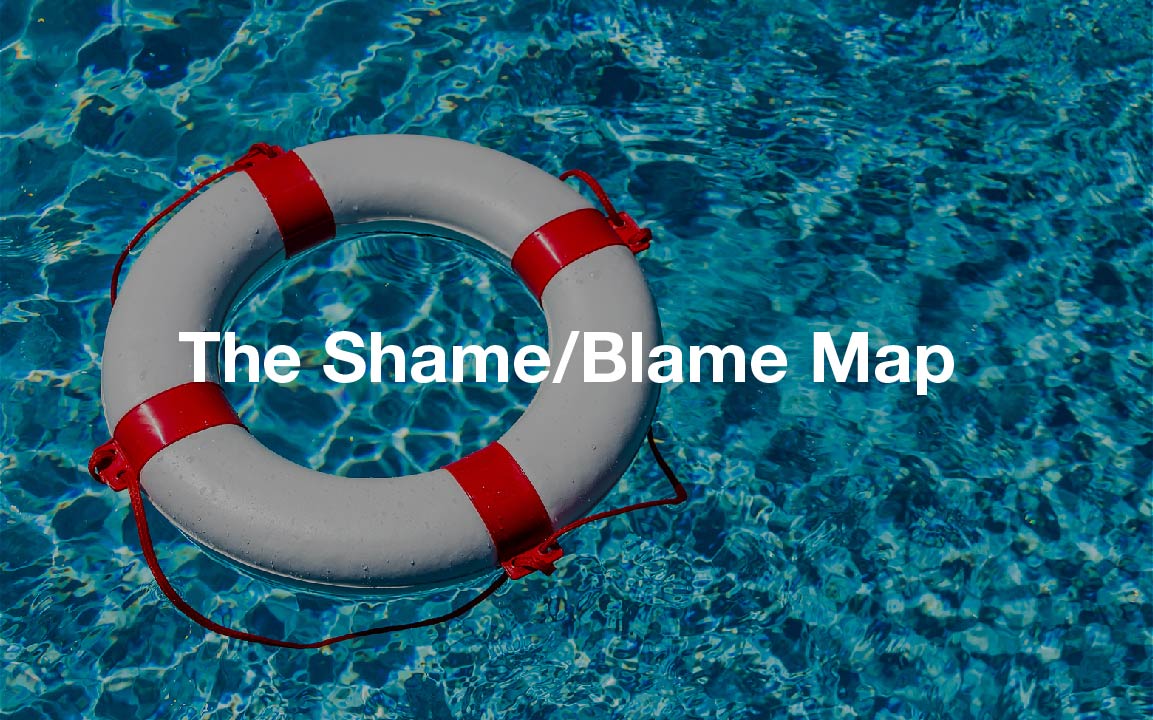
The Shame/Blame Map
Let’s look at a variation of the Patriarchal Map, based on shame, that is pervasive in all aspects of our culture. Developed by the well-respected psychiatrist and teacher of Transactional Analysis Stephen Karpman, he describes this map with three rigid positions people take in a situation:
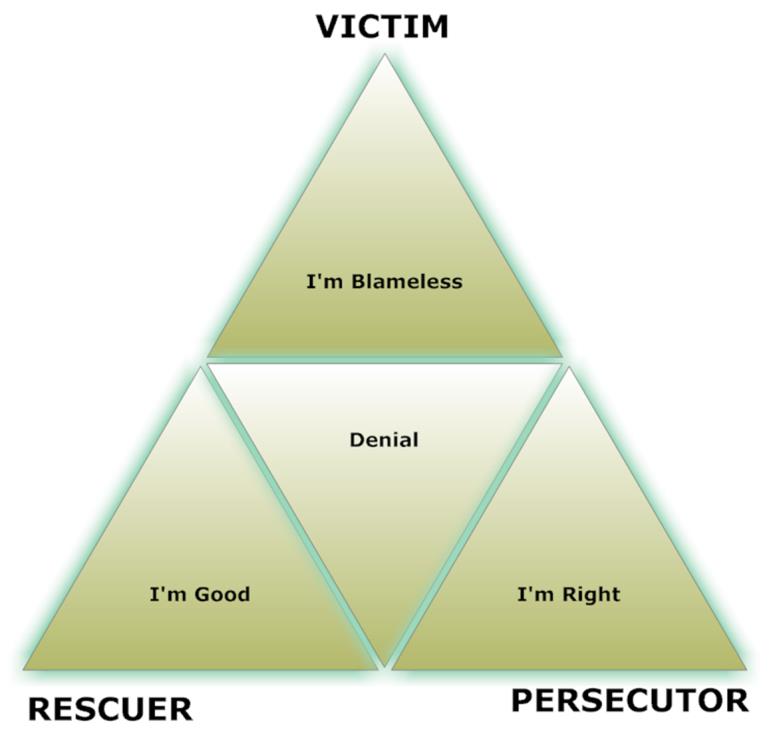
-
The person who is treated as, or accepts the role of victim.
-
The persecutor, who pressures, coerces, or persecutes the victim.
-
The rescuer, who intervenes from a supposed wish to help the situation or the victim.
Karpman calls these positions the Drama Triangle, accentuating the roles we assume, as an actor plays different parts.
Many of us respond to life as victims. Sometimes it is because of very challenging external circumstances. Children of abusive families, victims of repressive regimes, populations living in a war, or people in dire poverty can feel powerless about making any changes, drowning in shame and blame, rather than working on improving their situation. Other times we play the victim because we are trapped in the roles of the Shame/Blame map but don't want to become persecutors. We consider that to be bad. We’d rather be in the victim position, which makes us feel like good people, but the price is steep. Feelings of anger, fear, guilt, shame, and inadequacy leave us feeling betrayed, disempowered, or used by others. Victims, rescuers, and persecutor find ourselves trapped in this map’s structure, oscillating from one role to another, never free from its toxicity.
Here are some indications you are operating in the Shame/Blame Map.
-
Do you find yourself trying to rescue or help people?
-
Do you feel that someone did you wrong, that he or she has all the power?
-
As a child, was one member of the family blamed for all the problems?
-
Can you identify moments when you acted as victim, abuser, or savior?
-
Can you think of a time where you changed positions, suddenly attacking the person who victimized you?
You may have been operating within the Shame/Blame Map your entire life without knowing it. Look at your relationships at home or at work. Assign one of the three roles to everyone involved and reflect on each situation.
[pullquote align="right" cite="" color="#FFFFFF"]Donald Trump is winning, partly because he is not afraid to take the role of the persecutor.[/pullquote]
In a corporate environment, the Shame/Blame Map shows up in sexual harassment or workplace bullying. Or it might manifest in employees who identify the boss as persecutor and themselves as victims, gossiping and complaining instead of working. Either way, the drama results in lost productivity as well as personal unhappiness.
Politically, the Shame/Blame Map moves nations into wars of retaliation to escape victim status and redeem their “honor.” Other nations intervene in order to play rescuer. Nations trade roles in this triangle just as individuals do within a family, and the violence and abuse continues. Israel, Palestine, and the United States are classic examples, with Israel and Palestine endlessly trading the roles of victim and persecutor.
In a family, the Shame/Blame Map manifests with one parent playing persecutor (often due to some form of addiction: alcoholism, rageaholism, workaholism), the spouse being the powerless victim, and the children as rescuers, trying to protect the victim from the persecutor. Family members switch positions but they stay within the map, blaming one person or another, paralyzed by deeper and deeper shame.
Patriarchal maps are effective and are needed in many situations, especially when we are facing an urgent danger. On a ship or in the midst of battle, we need a strongly defined alpha leader to direct us. These are not times to debate or work collaboratively. But in our families and in many of our organizations, patriarchal maps restrict creativity, asking us to suppress our true natures and desires for the benefit of the alpha. When the alpha is self-serving, the system becomes toxic, and domination can destroy us. Many Americans today mistakenly confuse our challenges with urgent battles that must be dealt with by force. Hence the appeal of a Donald Trump. He is winning, partly because he is not afraid to take the role of the persecutor. In fact, he is stepping fully into that role of power and domination.
Make yourself heard. You matter. You make a difference.
Dear peacelights, faced with this dire situation, I urge you to act. Politically, these are times when we must all participate fully. If you live in the United States, vote, work on a campaign, and make yourself heard. You matter. You make a difference. Wherever you live, take responsibility for the leadership of your country instead of locking yourself into the victim role and blaming the leaders.
On a personal level, I invite you to make a difference by remapping your relationships, as we are all interrelated. This is our work as a peacelight.
Remapping Relationships
Remapping relationships is a way to change aspects of our lives in which we feel dissatisfied, disempowered, and out of place. When we observe ourselves on the relationship map we are following, we can choose to walk on a different map. Remapping allows us to achieve harmony with loved ones, to express, to listen to deeper needs, and to live better lives as we break the cycles of discontent and resentment. The chance to flourish, succeed, and bring about the lives we yearn to live requires dedication and practice. Patriarchal maps are colored with shifting manipulation and denial. They are so embedded in us, we think they are realities, not choices.
There are three steps to the remapping process:
-
The first step is to become aware of the map we are using as we carefully consider relationship patterns and life roles.
-
The second step is to observe. This allows us time and space to recognize previous behaviors in relation to others, such as our relationships at work, at home, and in social circles. It is liberating to realize that we’re not stuck forever in disempowering situations. When we feel that certain struggles are beyond our control, we feel inadequate and we become self-disparaging. But all we need to do is open our hearts and minds to the possibility that we can achieve anything when we liberate ourselves from maps that do not work for our benefit.
-
The third step is to remap our relationships onto new, flexible, creative maps which I will talk about more next month. When we leave the old map behind and walk along a new one, we are living in a world where love, caring, and mutual understanding can flourish. We don’t need to wait for others. We can choose the map we want to follow, regardless of what others are doing.
It is most effective to remap with the help of a coach.
Here is a summary of the steps:
1. Bring the map into awareness
-
In what behaviors are you engaging?
-
How do you feel about them?
-
What thoughts are going through your mind?
-
What patterns can you identify in your relationships?
2. Observe yourself in a map without trying to change it
-
What are your underlying beliefs in this role? (“I need someone to help me” or “He is not capable of taking care of himself.”)
-
Look at the available choices in your map. Do they work for you?
-
Does the map allow you to express your real inner self?
-
Do you see the frustrations?
3. Create new maps
-
Stop one old behavior that doesn’t work for you (Instead of rescuing your spouse or giving advice, let the other person figure it out).
-
Practice behaviors of the new map.
-
See everyone as capable.
-
Trust in yourself, others, and the universe.
-
When you’ve mastered one new behavior, move on to the next.

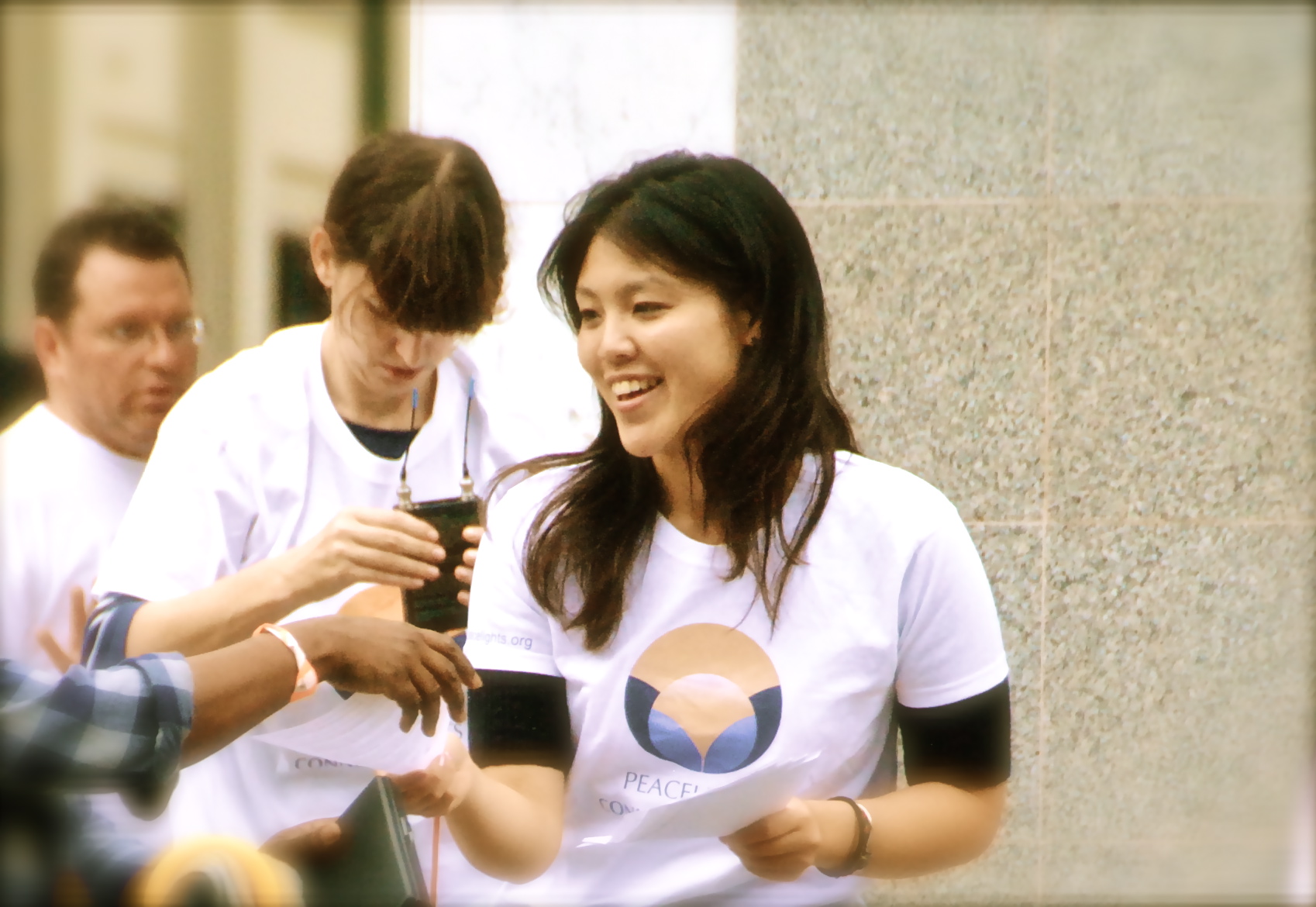


A very interesting look at what is currently playing out on our political stage with applications in everyone day to day life. Using Karpman’s Drama Triangle is a perfect way to capture and characterize the reality of the United States current political drama with Trump.
While I agree some form of the patriarchal map is at the root of many trump supporters psyche and attraction to the Trump side show phenomenon, this situation is far more complicated than a simple map explanation. The projections on Trump are both cultural and personal and it speaks to an erosion is self image and values that permeates his supporters. the willingness to believe out right lies and misstatements speaks to a underlying desire to express frustration with life. In most cases, Trump supporters are not the one who have been truly hurt by our cultures greed, dishonesty and racism. They have been affected as we all have by the choices the past generations have made about how we structure society and what is important but not left out a victims as many of them portray themselves.
Those most hurt and with the reasons to complain the most are the targets of much of what Trump attacks as weak and bad. Trump goes way beyond persecutor and evolves into abuser. Its is that phenomenon that is most scary as he triggers and activates the abuser in our society and it is a much larger segment of the population than any of us anticipated.
Patriarchal maps don’t necessarily lead to abuse and there is something far more dangerous in what Trump has stirred up in many in this country. Remapping may not solve this pattern of abuse and we may need a more powerful way to reach those lost in the Trump trance.
At a minimum we cannot underestimate its seductive power and its potential danger for our way of life
I so appreciate how you are bringing these unconscious maps to consciousness and particularly love your suggestion to create new maps. Thank you Joumana for clarifying so much! And for granting us the opportunity to consciously evolve our assumptions and ways of relating two that we might continue to grow together towards greater co-creativity, true goodness and authentic collaboration and care.